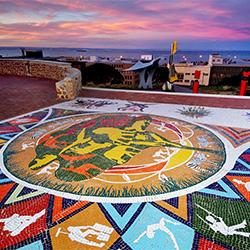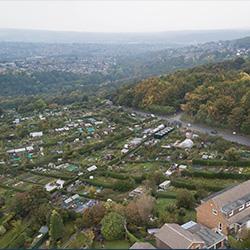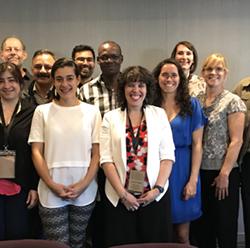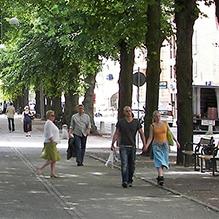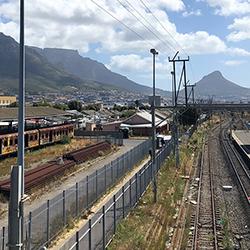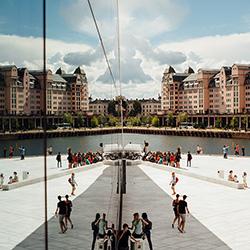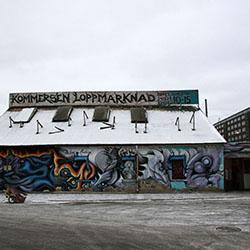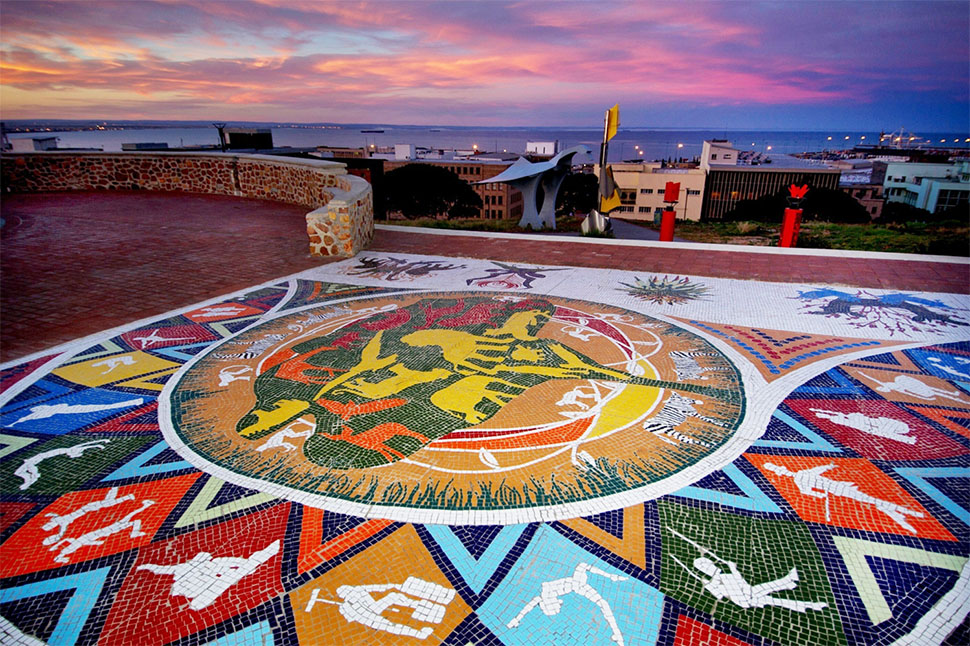
Accessible Cities
This project is now part for Urban Futures.
As of January 1 2020 Mistra Urban Futures platform in Gothenburg became Centre for Sustainable Urban Futures. Read more about Urban Futures.
This project builds upon a partnership between Nelson Mandela Bay Municipality (NMBM) and the City of Gothenburg, during the period of 2017-2020.
Main challenges
The project focus on access in cities. Access is to be considered in a broad interpretation of the word and includes both political/democratic, social, economic, spatial/physical and notional aspects. The concepts of “access” and “accessability” is thus not limited to a traditional understanding of the concepts which only relates to mobility or proximity.
The theme of “accessible cities” is in line with Mistra Urban Futures’ vision of “Fair, Green and Accessible Cities”. Due to this common interest a collaboration between Gothenburg, NMBM and Mistra Urban Futures is being established, in order to secure mutual learning and knowledge exchange between researchers and practitioners (officials and politicians). As an open platform, Mistra Urban Futures provides participation in or access to networks of researchers that can contribute to relevant and necessary research as a part of achieving more accessible cities.
During the previous project period the following challenges were identified, built on the recognition that our cities are not being developed in a sustainable way and inhabitants experience problems on several levels:
- Citizens do not have full access to the cities
- We need to address sustainability urgently
- Densities are not high enough
- Communities are isolated due to poor linkages with the CBD and other nodes
- People feel alienated from city decision making processes
- The economy is not open to all equally
- People to not trust governance issues
- Social and cultural exclusion exists
Research questions
Current discussions on urban development focus on inhabitants’ access to different aspects of value for their daily life and for their possibilities to live fulfilling lives. The former Mistra Urban Futures project, KAIROS, elaborated definitions of justice as follows: Justice is about people’s equal worth, cultural recognition, and the equitable distribution of material and political resources and opportunity to make use of these in order to live a good life.
A just city is one where those who live, reside and work in the city have equal access to public spaces and can affect the decisions that concern their daily lives as well as the city’s future development.
This project takes its starting point in these definitions and a work-in-progress framework for how to work with questions raised in the preparatory phase of the main-project has also been done. These questions are:
- How to develop a city as a system for justice?
- How to strengthen local communities?
- How to shift the emphasis from external provision to internal asset-utilization?
- How the community assets, resources can be visible and used?
- How to relate to rest of society?
Expected results
The project groups from City of Gothenburg and NMBM meet two times per year. During these working weeks officials, politicians, researchers and local actors and citizens will be involved in the planning of and take part in seminars, site visits and workshops.
The primary target groups are officials and politicians in both cities. Furthermore, the members in the project team are officials in position to implement learnings, recommendations and other results in the urban planning. Two research coordinators, from City of Gothenburg and NMBM, collaborate in order to connect researchers and students to the project.
Through the collaboration with Mistra Urban Futures the project may result in research projects, seminars, policy recommendations and scientific articles.
Background
This project is building on a municipal partnership between Nelson Mandela Bay Municipality (NMBM) and the City of Gothenburg. A partnership between the two cities has been going on for 18 years, linking back even to Sweden’s support for democracy and end of apartheid in South Africa.
A new phase of cooperation between the two cities and a new set of projects is taking place in 2017-2020. The co-operation is made possible through funding by the International Centre for Local Democracy (ICLD), which is funded by Swedish International Development Cooperation Agency (Sida). ICLD provides funding for a main project and a Youth Access project.
A previous project in the same partnership resulted in a document titled “Policy and strategy implementation in local government - A toolkit for local authorities to ensure better policy implementation and service delivery” The current project aims to practice and to implement the knowledge produced in the previous project.
To secure mutual learning and knowledge exchange between researchers and practitioners (officials and politicians), a collaboration between the City of Gothenburg, NMBM and Mistra Urban Futures is being established as part of the ICLD Municipal Partnership.
Publications
Files
-
Presentation Urban Lunch-time 8 december 2020
